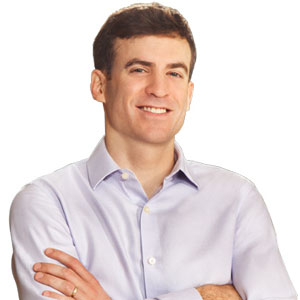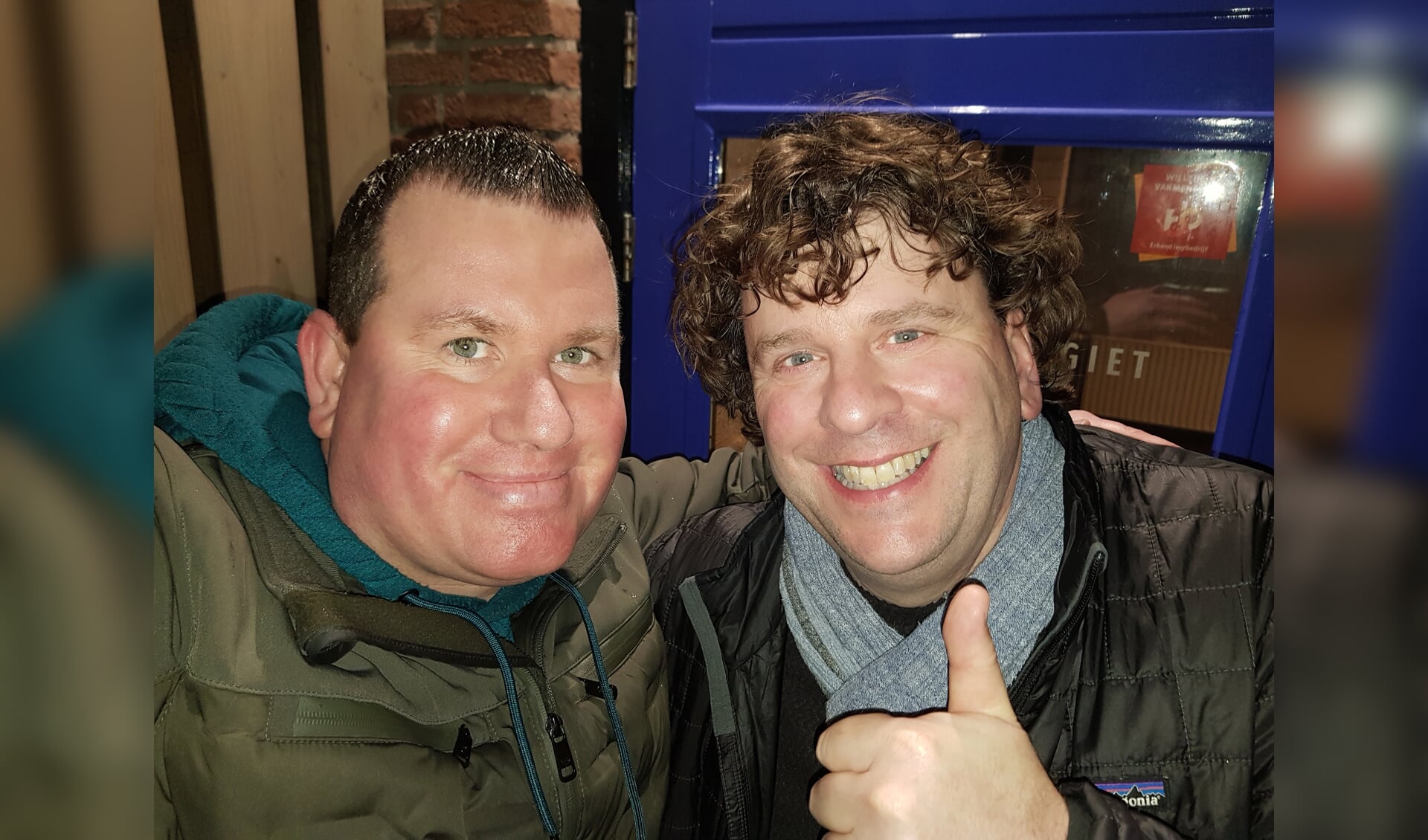Stunned, patients at Reusel stood in front of closed gates on a Monday several months ago. Their public practice was immediately closed. Omroep Brabant recorded how a visitor received a voice message when he dialed 1 for an emergency.
Reusel’s practice was shut down fairly quickly after it fell into the hands of commercial network Co-Med. There have been complaints about poor accessibility in other locations. And in the Zwolle region, Co-Med were kicked out of the local GP earlier this month after an unfilled weekend shift. As a result, the other doctors should have run faster, that was the reproach.
The Inspectorate found “serious deficiencies” in Co-Med where patients would face “significant safety risks” and therefore wanted to intervene with great severity. But the initial waiver judge suspended the regulator’s intentions earlier this month. The standards for ‘good grooming’ are not difficult and change regularly, the judge concluded. An institution should do its best to provide good service, and that’s what Co-Med does, in its opinion.
Co-Med was wrongly discredited, directors Guy Vroemen and Guy Schulpen said in an interview with NRC. The directors who are also shareholders stated that there were many lies circulating. “We want to refute that.”
The question is whether it is possible to maintain general practitioner services as practiced in the Netherlands
Guy Schulpen (51) is a doctor. About seven years ago, he researched the future of general practitioner services in the Ministry of Health, Welfare and Sports. In 2019, he decided to co-found Co-Med BV with colleagues because he saw more and more young GPs eschewing the complexities of practice. “With Co-Med we run the practice and let the doctor be the doctor. We are not targeting fewer patients, but more patients per general practitioner, because we have to provide more care in the Netherlands with fewer doctors. For example, by deploying support staff such as specialist nurses or physiotherapists. Or by providing remote care. And by removing administrative tasks from GP. This is the only way that general practitioner services can remain accessible. We want to show Co-Med that there are other ways to provide GP services: there is greater ambition behind them than mere commercial interests.”
Guy Vroemen (41) joined for business. He founded a company with double-sided adhesive tape and successfully sold it to America in 2018. What is he doing here? Schulpen: “He has no business here either. With a partner, I came up with the idea for Co-Med, as a healthcare administrator, but we quickly realized we needed someone who knew how to do business smart.”
The sudden closure of a common practice in Reusel this spring was a matter of force majeure, employers said. They thought they had arranged for the practice to be continued by another general practitioner, but he left. “Then we had a situation,” Schulpen said. “The options we had were disappearing one by one. The practices around want nothing to do with us. Then you stand with your back against the wall. We are unable to provide emergency care – a basic need. You don’t have a doctor and at the same time the supervisors are eager to let you know you have no business whatsoever.”
Schulpen: “When we report to new territory, we are systematically thwarted. In Zwolle we accept from general practitioners [waar de zorg buiten kantooruren wordt geleverd, red.], only in April the summer schedule. Then try again, with a nationwide shortage of general practitioners, to find someone who can fill in for the service. There are areas where the doctor says out loud: ‘We are going to do everything we can to get this organization out of our area. We experienced it too.’”
Other concerns about poor service availability at Co-Med are overblown, according to the employers. The closure of the holiday in Waalwijk had been announced well in advance, observations had been arranged. It’s true, accessibility hasn’t worked out well in Breda for a while. But that’s because of the ‘phone call tsunami’. Departing doctors had mistakenly written to their patients that they were concerned no follow-up was arranged, the Co-Med director said. In fact, according to them, the former practice holders already know the new team. Vroemen: “That whole accessibility part is exaggerated.”
General manager Guy Vroemen (left) and the medical director Guy Schulpen from Co-Med. Chris Cologne’s photo
The accessibility part? The patient stands in front of a closed door.
Directors seem to have a hard time recognizing any failures in their organizations. They were sure things weren’t so bad. Schulpen: “There’s no denying a lot of complaints about Breda and Hollands Kroon [in de Kop van Noord-Holland, red.]. That’s a fact. But there is a story behind it. The public has the right to call when they read that health services are no longer available. They strayed onto the emergency lane, which then became overloaded. It’s also impossible to fix. But after normalizing, there’s actually nothing wrong with accessibility.”
Every quarter, doctors receive a fixed amount per patient from the health insurance company. If your practice is temporarily closed or difficult to reach, you are providing inadequate care while you pay for it. Shouldn’t you pay it back?
Vroemen: “Then I wonder what your definition of availability is. Look, if we only register patients and don’t provide treatment, then I think the Inspectorate and the NZa will be there soon. [een andere toezichthouder, red.] standing on the pavement.”
Both supervisors do the same, they investigate you.
Schulpen explains: “Look, there are complaints, but accessibility is a very complicated concept. What are the standards? You don’t want to wait half an hour when you call the doctor, that’s obvious. But the National General Practitioners Association itself has determined that general practitioners are no longer capable of meeting their own standards. They themselves recently softened it. Practice may be closed for an additional half day per week. We have as many medical assistants as the standard dictates in the Netherlands. In addition, we have a telephone center. So we have better than average accessibility.”
The insurance company confirms that your practice provides substandard care at times. So the question is: have you considered paying back the money in such a situation?
Vroemen: “But every doctor in Holland who takes time off has to pay him back.”
Schulpen: “We really understand that we are like that too new kid on the block additional evidence. We also do this by, for example, informing our health insurance company of our occupancy schedule in advance. But let’s use the same rules. Because what is received from other doctors, may not be received from us. I was recently practicing in Flevoland, where one doctor was practicing 15,000 patients, 15,000! And the norm is 2095 patients. We prefer not to report this to the inspectors, because we think it’s an inappropriate way and it also really annoys us, but guys: this is how the Netherlands is now.
“If we in the Netherlands are of the opinion that a doctor should pay back his money if he closes his practice for two weeks, I think that’s fine. But we have to make it work for everyone. Equal-veiled monks, equal-veiled monks.”
Vroemen and Schulpen emphasize that there is little ‘digital’ in their approach. They seek regular GPs for their patients. About 90 percent of all consultations at Co-Med are performed by general practitioners, they said. In addition, the waiting time for consultation is only 1.8 days, many practices are not successful.
What do you think goes wrong in general practice?
Schulpen: “The question is whether it is possible to maintain GP care as it is done in the Netherlands. In a report I wrote in my previous job, we concluded that one in seven school leavers would have to work in the healthcare sector to be up to standard. By 2040, that number will be one in four. That’s not possible. Because you don’t have enough people to become teachers, police or production workers. In short, how do we keep them dry if we have to provide more care with more part-time doctors? It is an inescapable calculation. In fact, half of all ‘care contacts’, that is contact between providers and patients, should be lost.”
But can you still live up to the core values of GP care?
Schulpen: “We can’t continue to provide for everyone like we are doing now. The scenario is a nightmare like in England. There, general practitioners no longer provide afternoon, evening and weekend care, as independent organizations do. In the UK, GPs stop at the average age of 38. He will do other things: company doctor, insurance doctor, health clinic doctor. In a nightmare scenario, GP care in the Netherlands explodes. I especially see a group of professionals who are suspicious and doubtful, a group of professionals who conservatively adhere to work methods that are no longer sustainable.”
What is no longer sustainable?
Schulpen: “Look at the Enschede area. There are 15,000 people who can no longer see a general practitioner. Full practice. In our system, the same person can no longer go to a specialist or psychiatrist, because a referral letter from a general practitioner is needed. But these people have taken out health insurance policies that require them to pay a premium.
“That GP treatment, which is not only creaking and creaking, has partially collapsed. If that happens, it means the end of the gatekeeper function. Our order bankruptcy. Meanwhile, GPs in the Enschede area are arguing with newcomers like us. They complain of competition, while thousands of people are eager to be helped. Then there is a sense of urgency. We estimate that 100,000 to 150,000 people nationwide are unregistered with a general practitioner, that is, citizens of the country who can no longer see a general practitioner. We must not avoid this debate.”
So the debate about lower standards, different organizations?
Schulpen: “One of the norms is that a full-time GP can see 2,095 patients. It is no longer possible to do that. I believe that a much more efficient job can be done in the care of general practitioners. We have to find out together how a general practitioner can treat more patients without reducing quality. Let’s talk about it for God’s sake. Instead of pointing at us, faucets in the park leaked, while in other places the levees burst.”
A version of this article also appeared in newspapers on August 26, 2023.

“Incurable alcohol fan. Proud web practitioner. Wannabe gamer. Music buff. Explorer.”

/s3/static.nrc.nl/bvhw/files/2023/08/data104375368-813254.jpg)
/s3/static.nrc.nl/bvhw/files/2016/09/BInederland.jpg)




